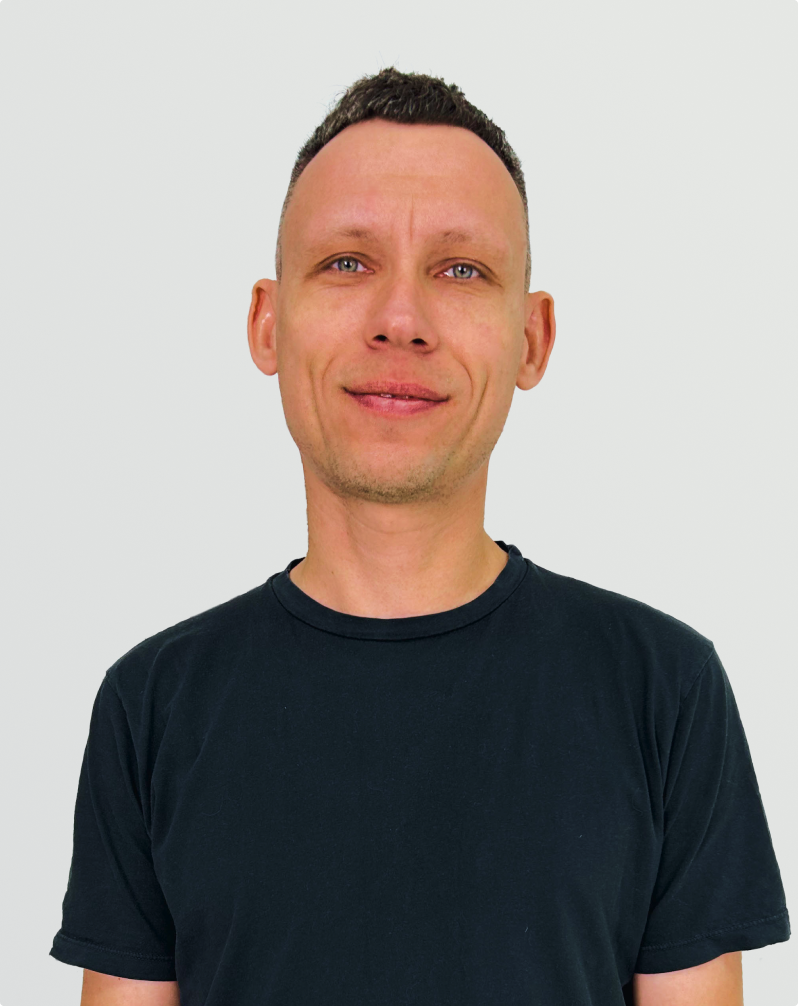190 reads
Specific Details of the Design Process
by
November 4th, 2024
Audio Presented by

stands out as an exceptional global award-winning product designer and UX lead
About Author
stands out as an exceptional global award-winning product designer and UX lead
